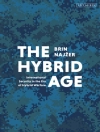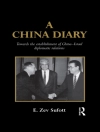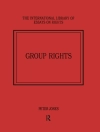A critical reflection on the limitations of Carl Schmitt’s political theology, reconsidered in light of the current crisis of the liberal democratic order.
Recent events, such as the COVID-19 pandemic, the invasion of Ukraine, the rise of right-wing populism, the growing economic inequality and political instability, and the climate emergency, are indicative of the decomposition of the global liberal democratic order. Order, Crisis, and Redemption is a critical reflection on the limitations of Carl Schmitt’s political theology, an attempt to think, with and beyond Schmitt, about the parameters of this crisis. Through a sustained critical engagement, ranging over Schmittian texts, including the lesser known, from the 1920s to the 1970s, the book elaborates three main themes that preoccupied Schmitt: order, crisis, and redemption. In times of crisis, as with the one we are currently experiencing, we are faced with the dilemma of either shoring up the current political and legal order-through ever more authoritarian measures-or radically transforming it. Redemption, in the full theological sense of the word, thus implies the possibility of a new understanding of ethics and politics, aimed at creating a more just world.
Зміст
Introduction
1. From States of Emergency to Forms of the Political
2. Who Is the Subject of Political Theology?
3. Person, Identity, Transformation
4. Political Theology and the Anthropocene
5. Technology as Political Theology
6. Political Theology and Democratic Constitutionalism
7. Political Theology and Contemporary Challenges to Democratic Constitutionalism
8. Katechon and the Problem of Order
Coda
Notes
References
Index
Про автора
Peter Langford is Senior Lecturer in Law at Edge Hill University in England. His many books include Roberto Esposito: Law, Community and the Political. Saul Newman is Professor of Politics at Goldsmiths University of London. He is the author of many books, including Political Theology: A Critical Introduction.












